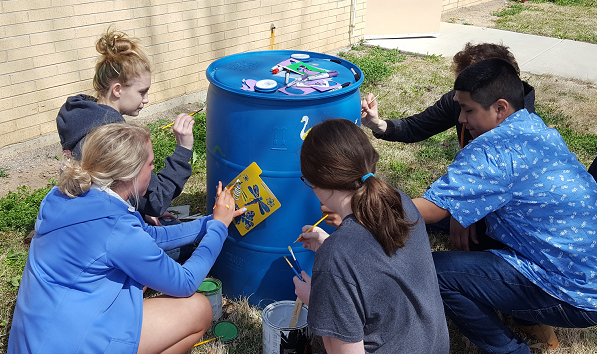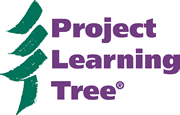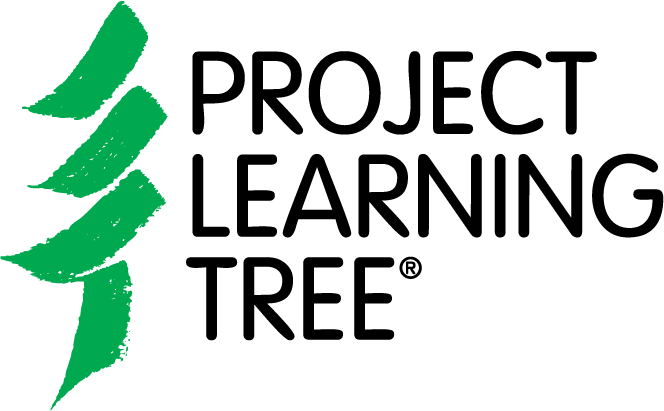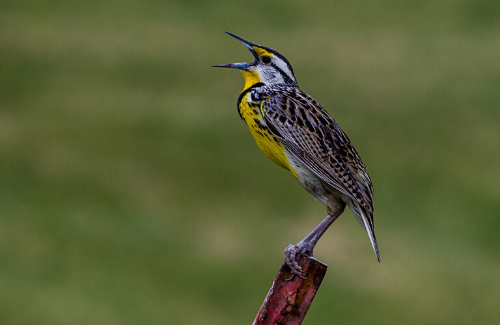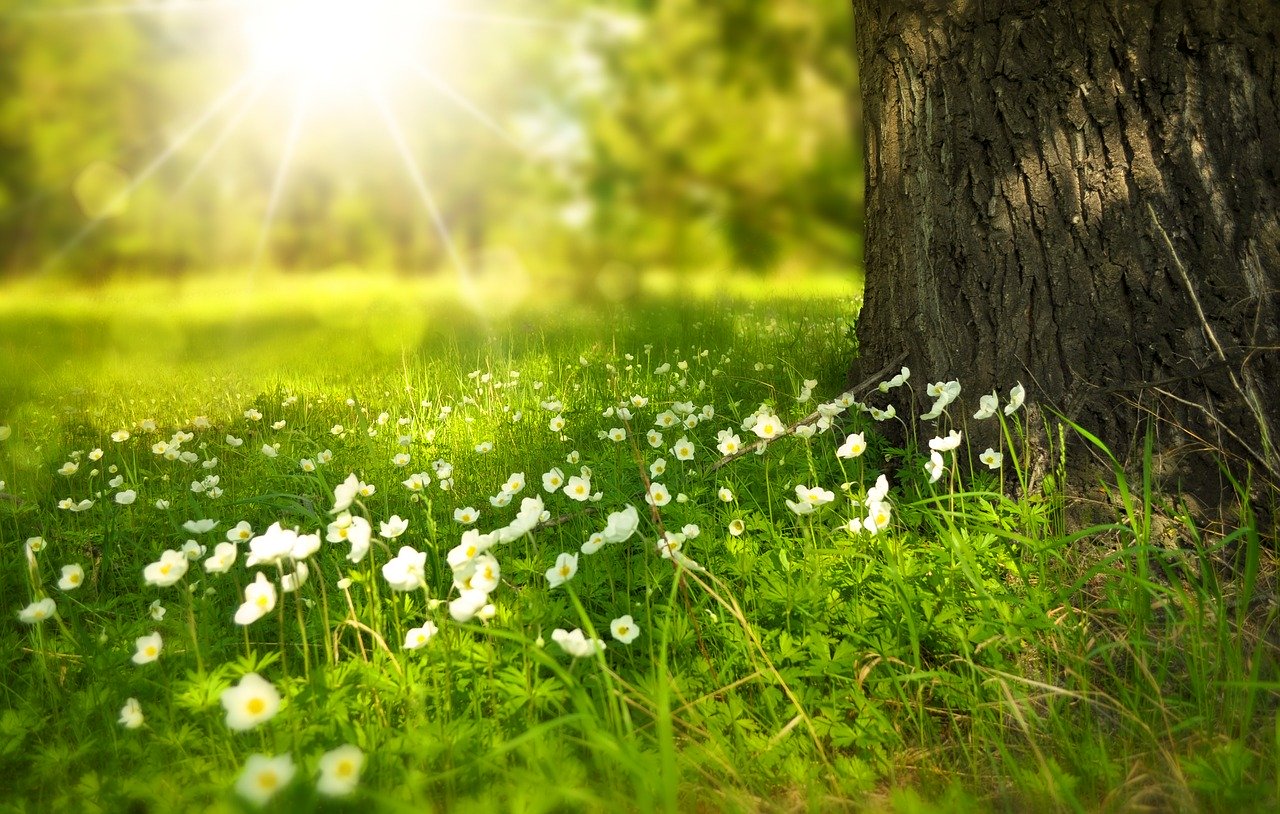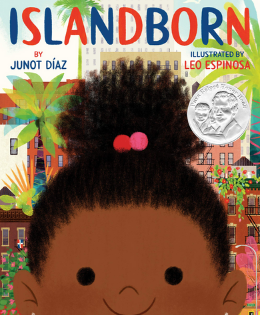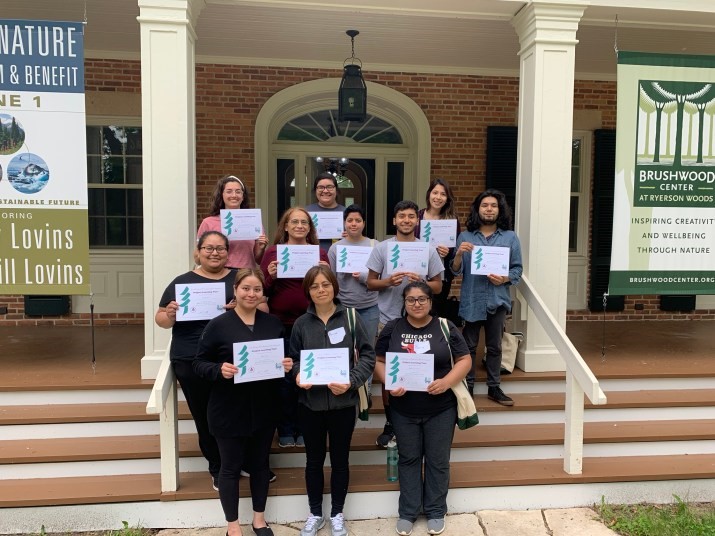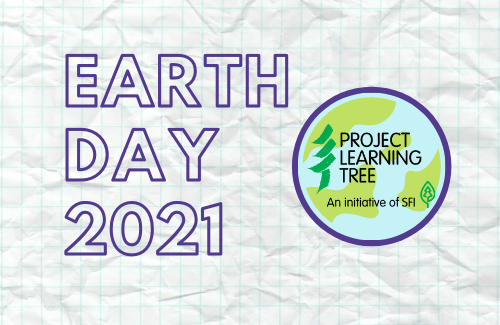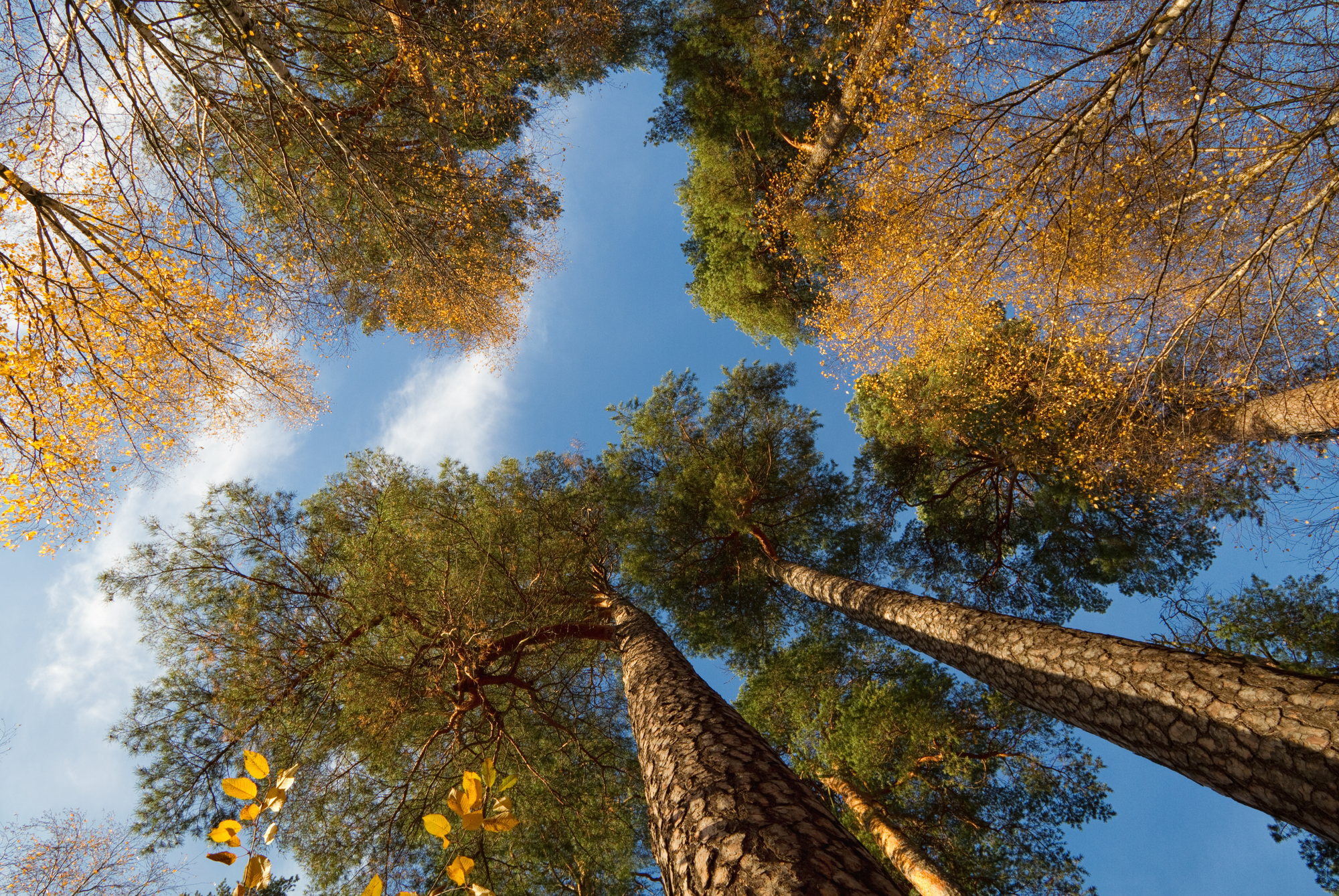Bookmark these ideas for students to conduct investigations and learn about water conservation, plus tips for how to build your own rain barrel. This story highlights students in Kansas who calculated the amount of water their school uses, and the dollar savings in water bills after they installed rain barrels.
Have students discover the birds living in their backyard or on their block by using their sense of hearing with these STEM activities. How many unique bird species can you identify using only their song?
The focus of Earth Day 2020 is to make changes toward a zero-carbon future. Here are some ideas to incorporate into your lesson plans, including online learning activities.
This book is a celebration of diversity, reminding young readers, 5-8 years, that we are living links between the past and the present. What can knowing about your history teach you about your future? Read Islandborn to find out!
With schools around the world temporarily closing to slow the spread of the Coronavirus disease COVID-19, we’ve assembled this list of (free!) PLT activities that you can do at home—both inside and close-by in a safe space outside.
In recent years, there has been growing concern about rising temperatures across the globe. What is causing these changes in our climate? Why are we so concerned about it now?
Supported in part by a Sustainable Forestry Initiative community grant, Bosque de Salud, or Forest of Health, is giving youth hands-on, educational interaction with the natural world to encourage them to understand their relationship with the environment and inspire a lifetime of stewardship.
Celebrate Earth Day with some inspiring stories and resources to help youth learn about sustainability issues, climate science, and the actions they can take.
Climate change may be the single biggest challenge that faces our planet today. PLT has several resources for middle and high school students to explore both the scientific and the social aspects of climate change.
Evergreens provide food and shelter for animals facing harsh winter conditions. Learn how animals use evergreen trees as food and shelter, and use these ideas to bring your students outdoors in winter and observe wildlife.
